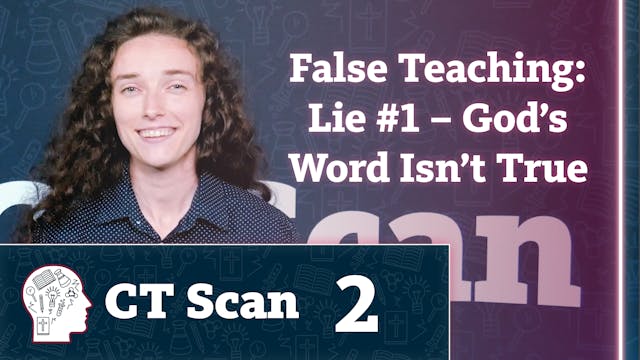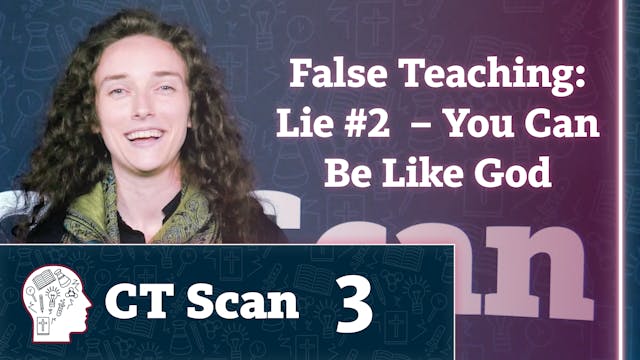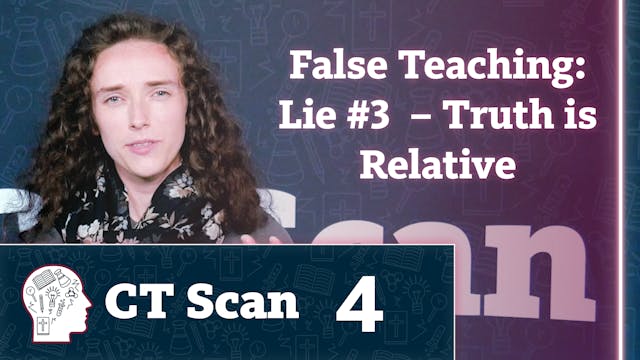False teachers often reinterpret God's Word to fit their own human ideas. But this isn't just bad theology‚ it's bad logic. Proper teaching about the Bible is based on deductive reasoning, where we view God's Word as our big picture of truth and draw our ideas FRoM it. That's exegesis. But false teachers often inductively build their own theologies, which is eisegesis. Here's how to spot the difference.
Up Next in S11: Doctrine
-
False Teaching: Lie #1 ‚- God's Word ...
False teachings often share similar themes in common, tell-tale lies that can help us recognize a spiritual scam when we see one. Let's examine the first of four such lies, a deception as old as time, which states that God's Word is not completely true.
-
False Teaching: Lie #2 - You Can Be...
False teachings often share similar themes in common, tell-tale lies that can help us recognize a spiritual scam when we see one. Let's examine the second of four such lies, an age-old deception which states that humans can be like God.
-
False Teaching: Lie #3 - Truth is R...
False teachings often share similar themes in common, tell-tale lies that can help us recognize a spiritual scam when we see one. Let's examine the third of four such lies, a mainstream message in secular classrooms and cultures, which states that truth is relative.



